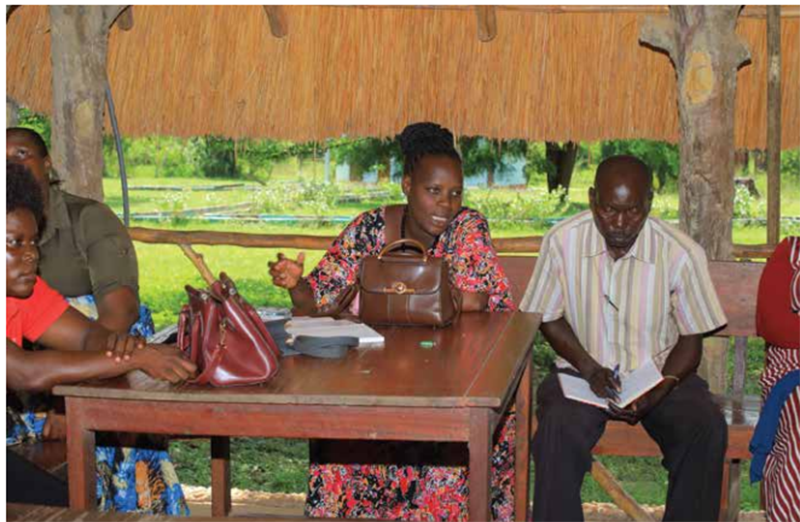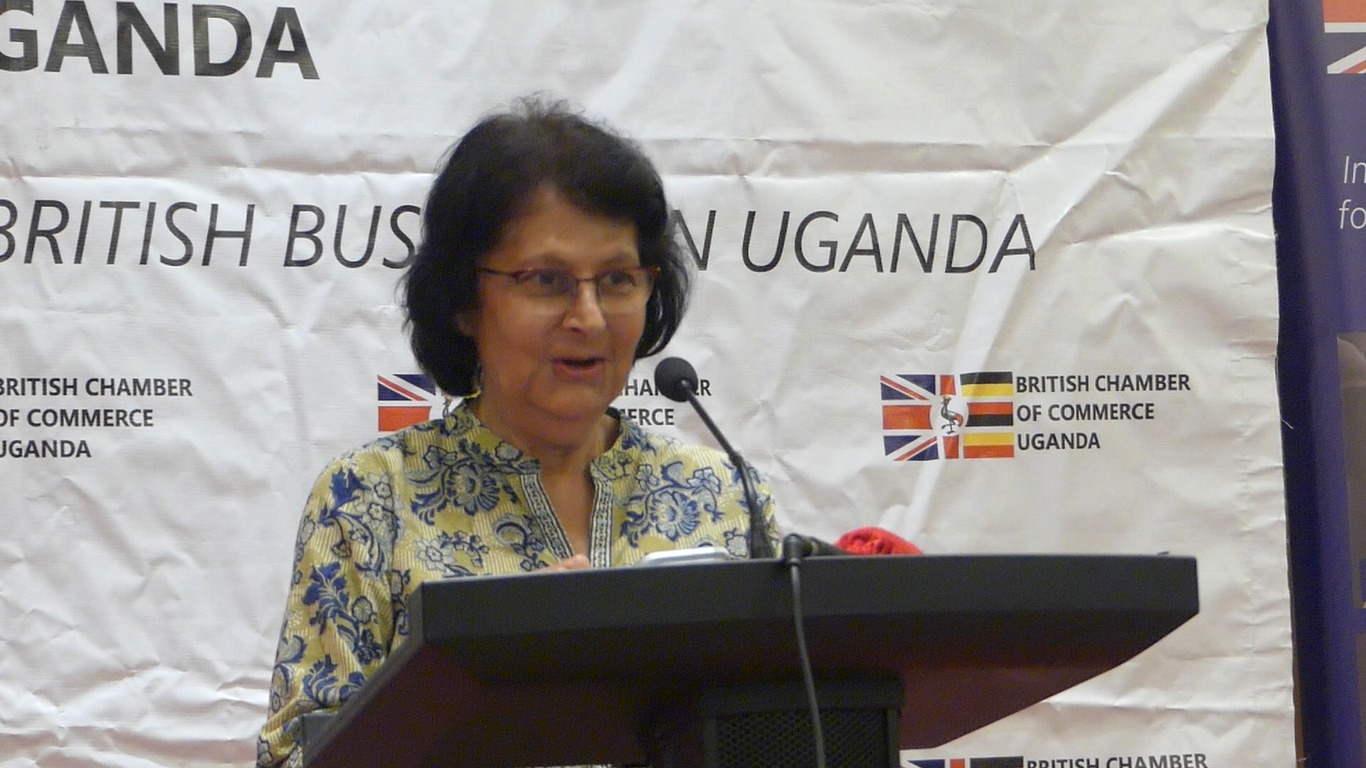In 2010, I developed a desire to set up a hotel. Tourists were my target because we neighbor Murchison Falls National Park. I realised my dream when I set up a small hotel. In 2016, those bad liars from the oil sector made a big crusade in Buliisa.
They told us, ‘People of Buliisa, build hotels! Workers are coming! They will stay in your hotels!’” I borrowed money and expanded my hotel. The crusade by oil companies continued, exciting many. In 2017, Tullow Oil gave me jaribu [a sample or trial run] by bringing ten workers to stay at my hotel. They slept there for like two weeks and left! Thereafter, oil activities stalled [due to a tax standoff between government and oil compa nies].
When the activities resumed, no oil workers came to stay at my hotel till todate. I struggled to pay back the money that I borrowed from two banks to invest in a hotel. The oil sector diverted my mind from tourism! They excited me with promises of money, but they ended up punishing me.
That is the sad story of Apuuli (not real name), a business person in Buliisa, who was lured to build a hotel to service oil industry workers. Fourteen years later, Apuuli shakes his head in bemusement and sadness.
Bemused that he fell for the ‘lies’ of some people in the oil industry that he would reap big from their activities, yet he had planned to cater for tourists. Sad that his hotel business is on the verge of collapse.
Apuuli’s tear-inducing story and similar tales are captured in a comprehensive study done by the Africa Institute for Energy Governance (AFIEGO) on the views of business stakeholders on the oil industry.
While the government and oil companies operating in the country argue that the oil and gas industry has had a positive impact on the economy, including on local people, the study found that micro and small business owners in the tourism sector in Buliisa and Kyotera districts were struggling, despite oil activities taking place in these districts.
In the end, some have even been forced to close shop.
A female business owner told researchers that when oil activities started, rich people from other areas as far as Kampala came and settled in Buliisa. In the end, small business owners were driven out of business.
“Rich people have come here to Buliisa. They are investing in businesses such as accommodation, food, and beverages. They compete with us, the indigenous business owners, and because they have more capital, we sometimes fail to compete,” she said.
Worse, many people in the oil industry decided to outsource most of their products and services to established businesses in Kampala or out of Uganda.
A female beverages vendor in Buliisa said she has been operating a refreshments business for years. However, people building the pipeline, which is just metres away from her business, have never asked her.
“They do not give opportunities to local businesses to supply them,” she said.
The community-based research noted that business owners complained that thousands of oil sector workers live in a camp managed by oil companies. The workers rarely leave the camp to buy goods and services from local businesses.
Many of the people interviewed said the government should reduce taxes on businesses in the tourism and travel industry if people are to benefit.
They also urged the government to engage TotalEnergies and other oil firms to address the oil-induced animal-human conflicts in Buliisa district that are affecting or stand to affect the tourism sector.







